With the rise of globalization, the world is slowly becoming a global village; because of this, we tend to view others’ struggles as our own. This is where the issue of homonationalism comes about. It is the view of a global world, where we feel a sense of belonging to queer people around the world. However, there is a racist and underlying discourse when it comes to homonationalism. So, without further ado, let’s learn more about homonationalism and what this term really means and what it entails.
What is homonationalism?
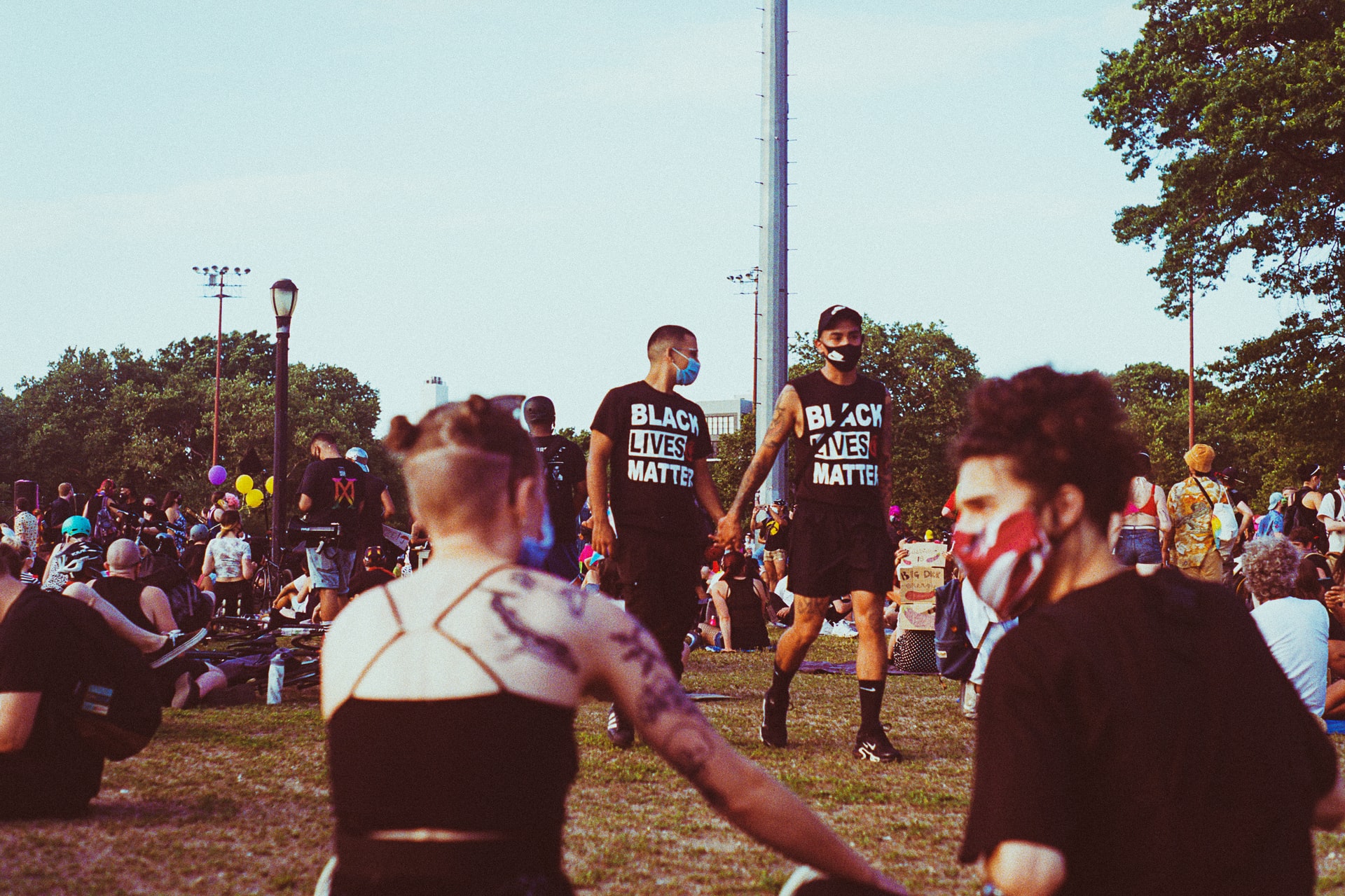
Also known as sexual exceptionalism, it was a term coined by gender studies researcher Jasbir Puar in 2007. It is the processes by which people power line up with claims that relates to the queer community to justify their xenophobic, racist, and aporophobic views and discourses. This is when white people use the ill-treatment of queer people in the East to explain their prejudice against a group of people they don’t know. It is a covered way of being xenophobic by hiding it being the fact that you care for queer people that you don’t even personally know. It is the notion that everyone in the Global south is homophobic if they are not queer and that everyone in the Global North is inherently welcoming and that they are living in an egalitarian society. When this is not the truth and is far from the truth because homophobia is alive and well in a Eurocentric place, and this is seen through issues of the treatment of trans people and conversion therapy. It is a tactic used to defer talk about migration.
My view on Homonationalism
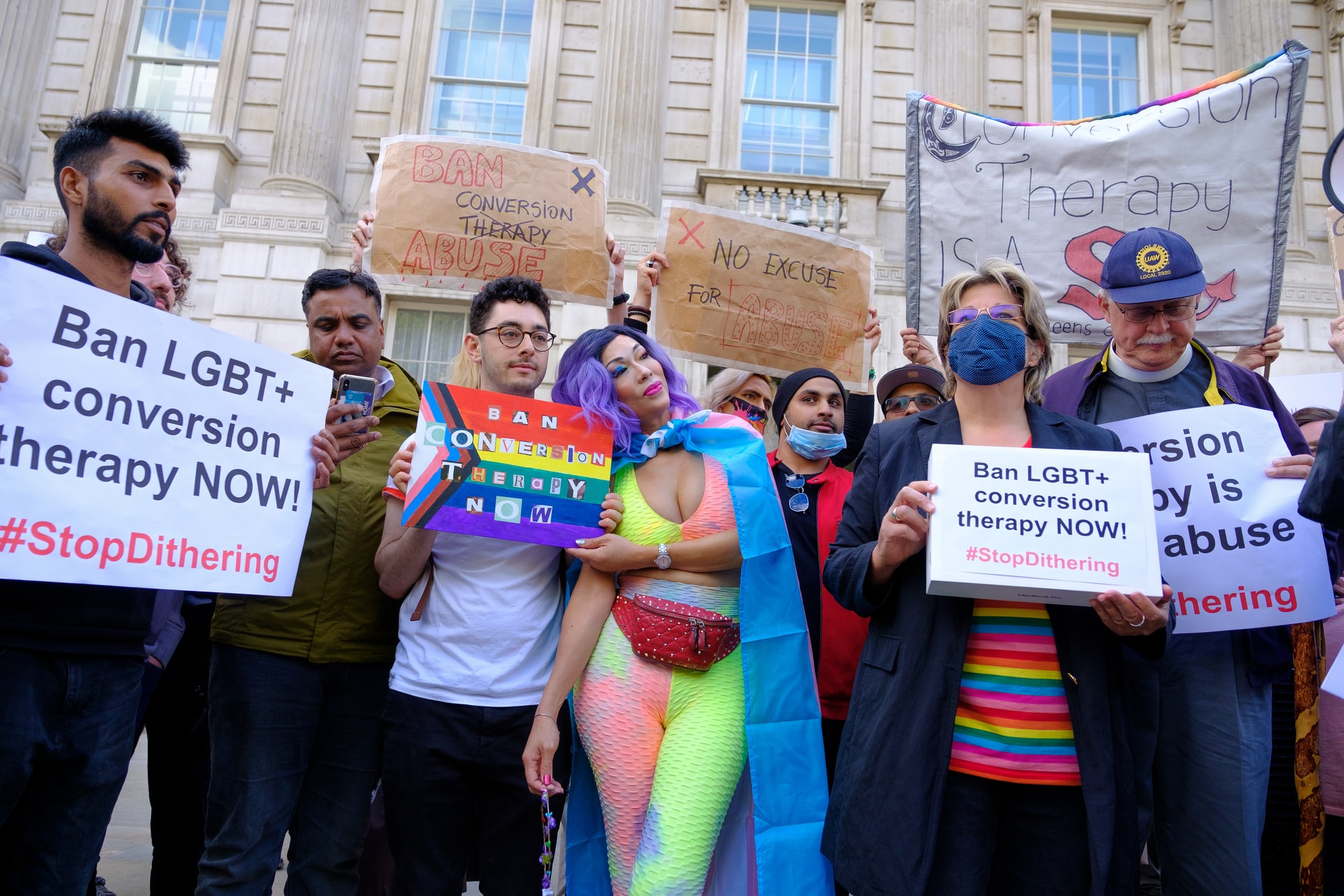
The idea of sexual exceptionalism in layman terms is that the West or, most precisely, places like the US and Europe are really progressive when it comes to LGBTQIA+ (Lesbian, Gay, Bisexual, Transgender, Queer, Intersex, Asexual) rights, this is seen through laws like marriage equality and the penalization of sodomy or homophobic laws like Don’t Ask Don’t Tell. However, this only comes when the rest of the world, especially the Middle East, is regressive, no matter if it is about queer or women’s rights. However, this is a very one-way and Eurocentric way to look at the world, especially when it comes to places like Poland and Russia who are white-centric in nature and are inherently homophobic. And let’s not forget that the US only allowed gay marriage in 2014 and that conversion therapy is still allowed in parts of the US and England. Statically speaking, queer people are most likely to be homeless in the states than anywhere else in the world, and let’s not forget how queer men were treated during the AIDs epidemic in the land of the free and the brave. So, it is great to point fingers, but it is also great to take a step back and look at our country’s implications on what’s happening around the globe.
Colonialism and homophobia
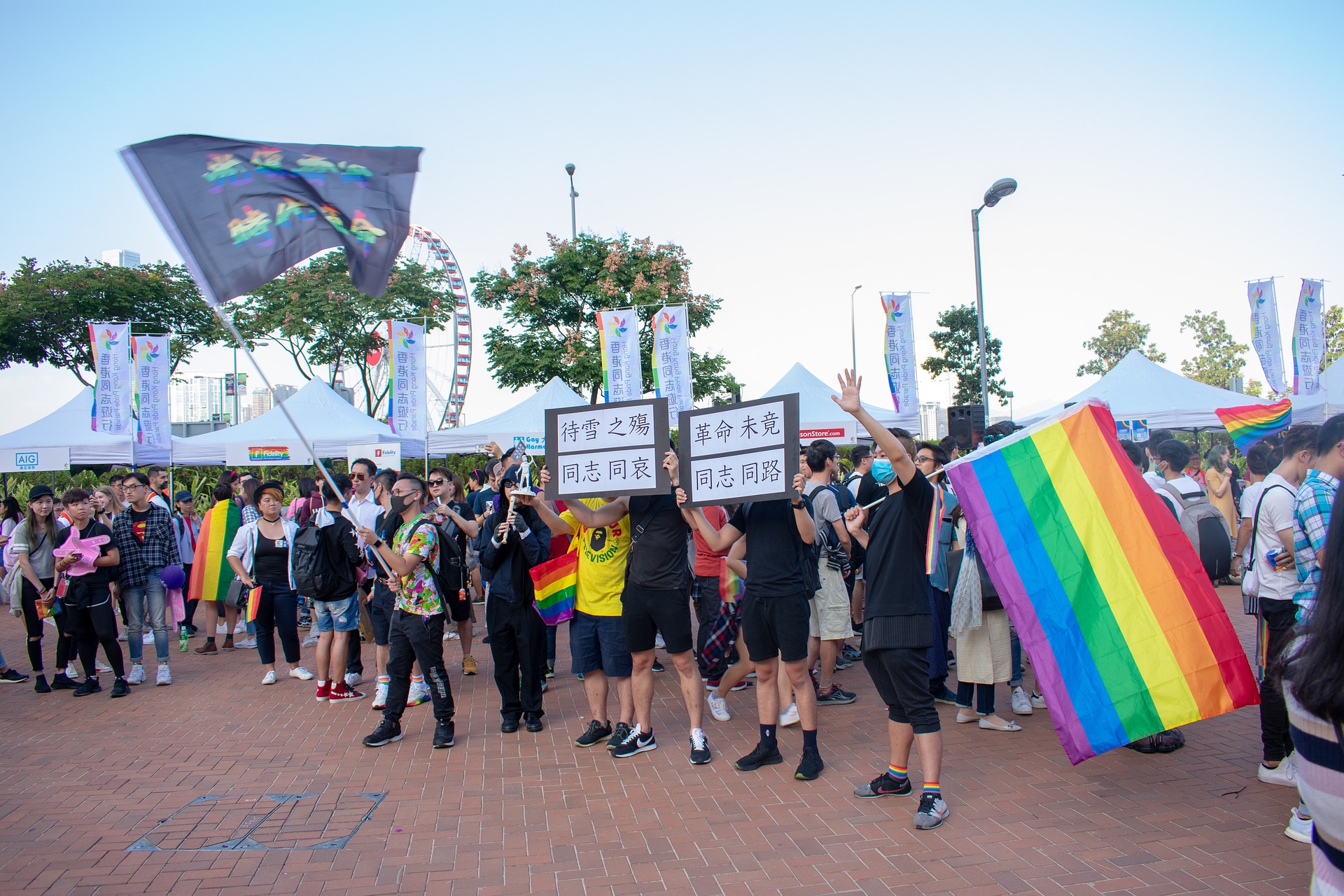
We are quick to forget the tyranny that was colonialism and imperialism, homosexuality and non-binary way of expressing oneself was seen in pre-colonial societies like China, India, and even some parts of Africa. Now I’m not saying that homophobia and transphobia didn’t exist in the global south, but it was worse when the West took control over these countries. It is important to remember that most homophobic laws that are found in the global south today were introduced by the British; one of the most popular ones is section 350 of the Indian law, which has now been abolished. Gayatri Spivak beautifully words this in her book; Can the Subaltern Speak (I highly recommend this book). She writes:
“Between patriarchy and imperialism, subject-constitution and object-formation, the figure of the woman disappears not into a pristine nothingness but into a violent shutting that is the displaced figuration of the “third world woman” caught between tradition and modernization, culturalism and development.”
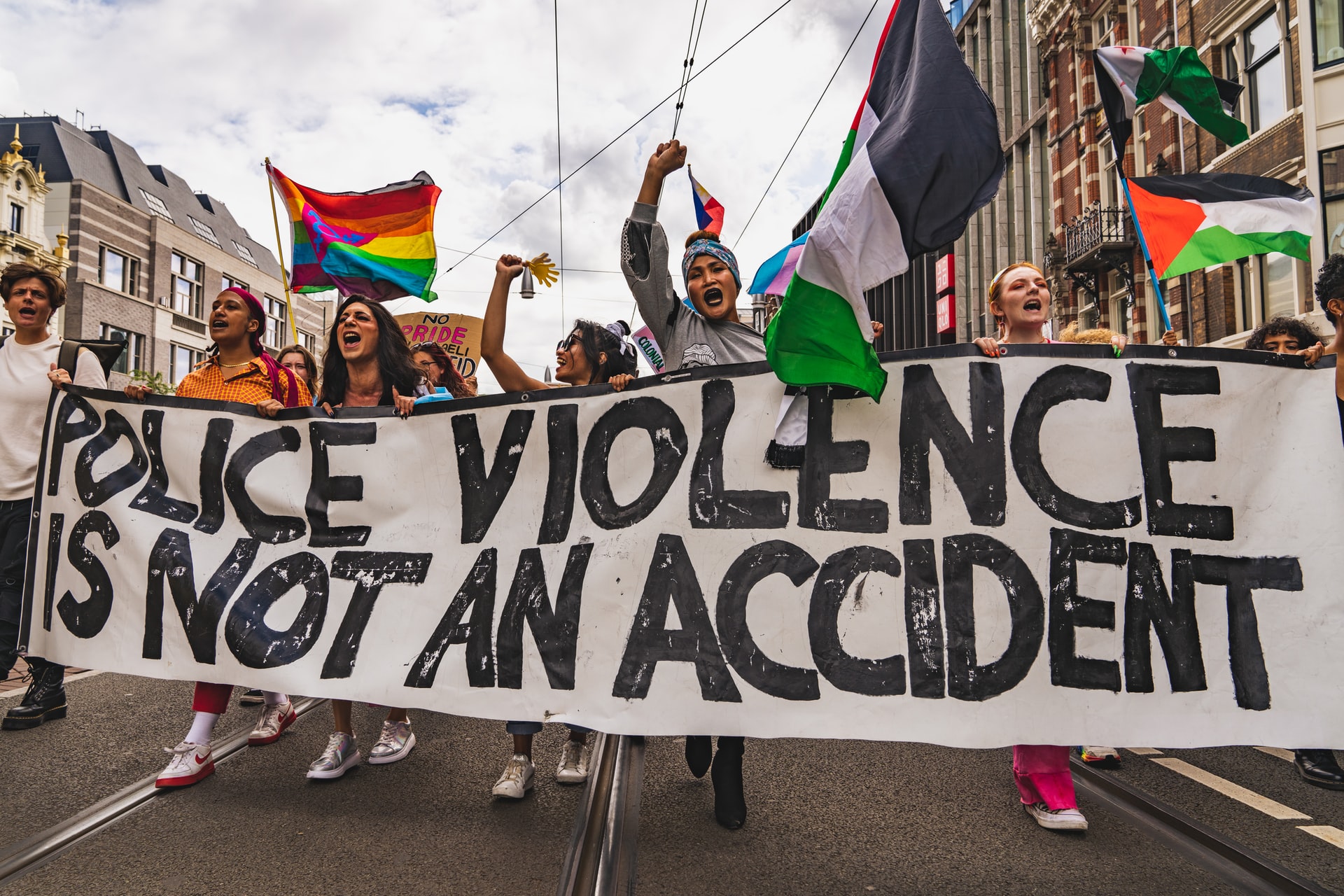
In such beautiful prose, Spivak put forward here that we can’t separate what we want and what we are saying from imperialism; they two are so intertwined and etched into the fabric of our culture. No matter how you see it, your world view has been shaped by imperial structures, especially if you are born in the West, where the schooling system depict whiteness as something to be proud of, and that should be celebrated and the treatment of BIPOC (Black, Indigenous, and People Of Color) bodies as something that was necessary for the advancement of this country that we live in. When a white person talks about homophobia in the Global South (especially if they haven’t been there and have no concrete idea what they are talking about), then they are making the East into an abstract concept which is an orientalist discourse of how white people tend to view the other.
Sound off in the comments section below and tell us if you want to read more pieces like this. The law as we know it has been shaped and affected by colonialism. I will never stay silent as long as my queer brother, sisters and non-binary sibling are being persecuted but it is also fundamental to remember that white people and colonialism has a big role in how queerness is viewed in the Global south today. We can never separate the past and colonialism and how queer people are treated today because this would be a misrepresentation of the past and things that are currently affecting the queer community. I’d like to end with a quote from Aubrey Lorde, a self-proclaimed ‘black, lesbian, mother, warrior, poet’:
“My silences had not protected me. Your silence will not protect you.”

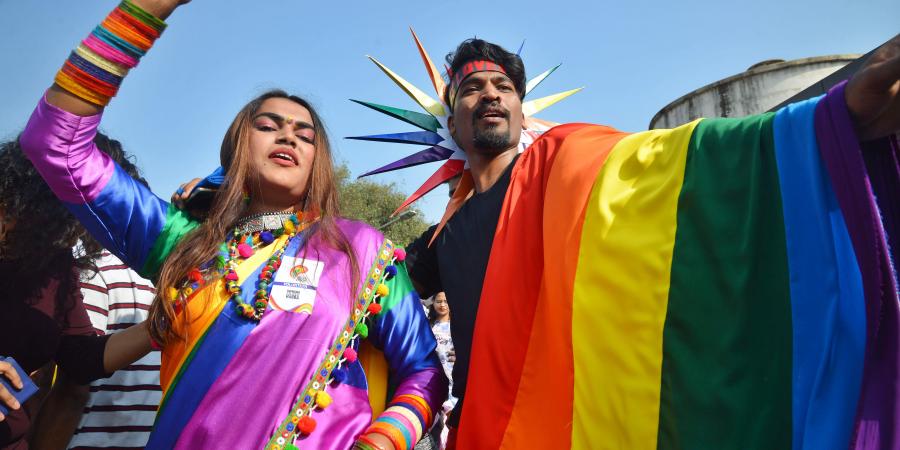
Pingback: Why Should Sex Work Be Decriminalized? | Law blog online
Pingback: The Ridiculously Thorough Guide to Rainbow Capitalism | Law blog online